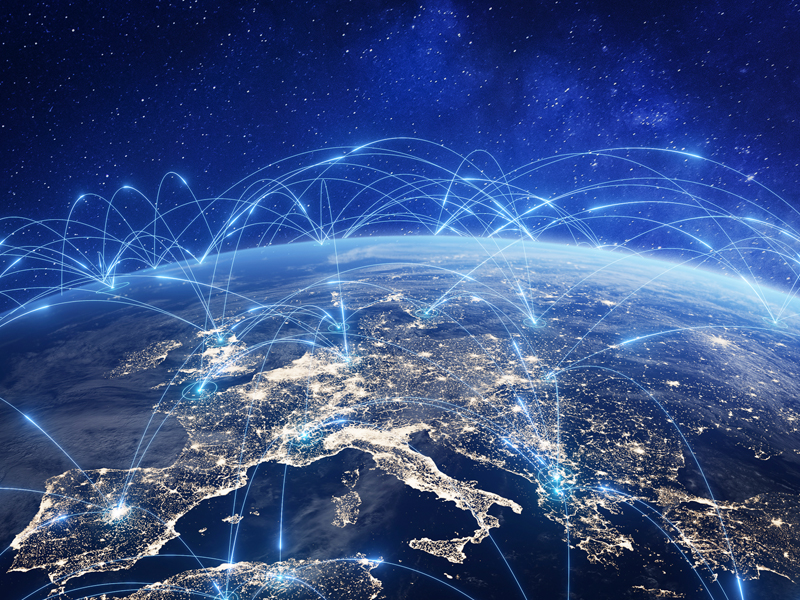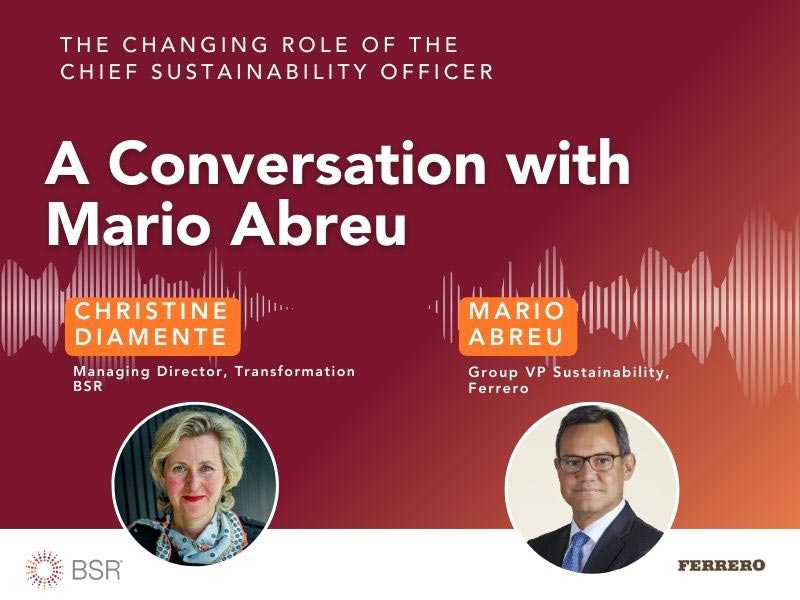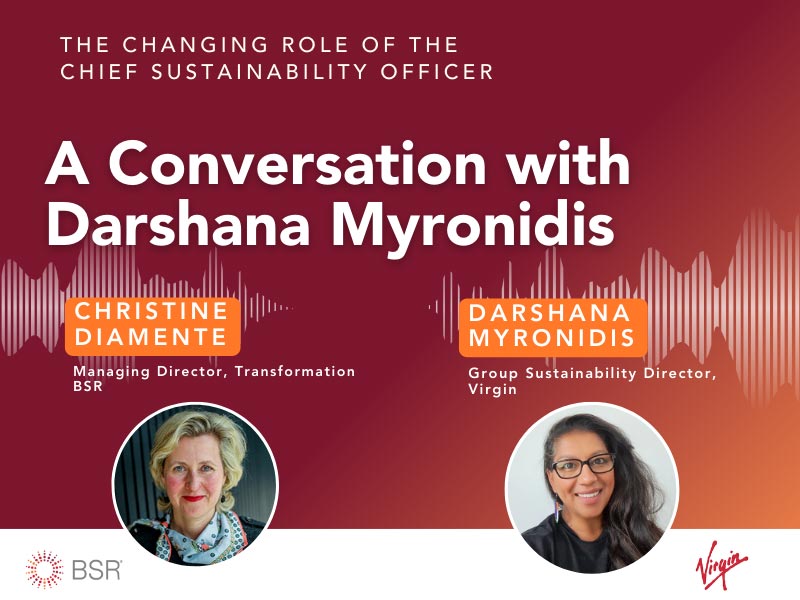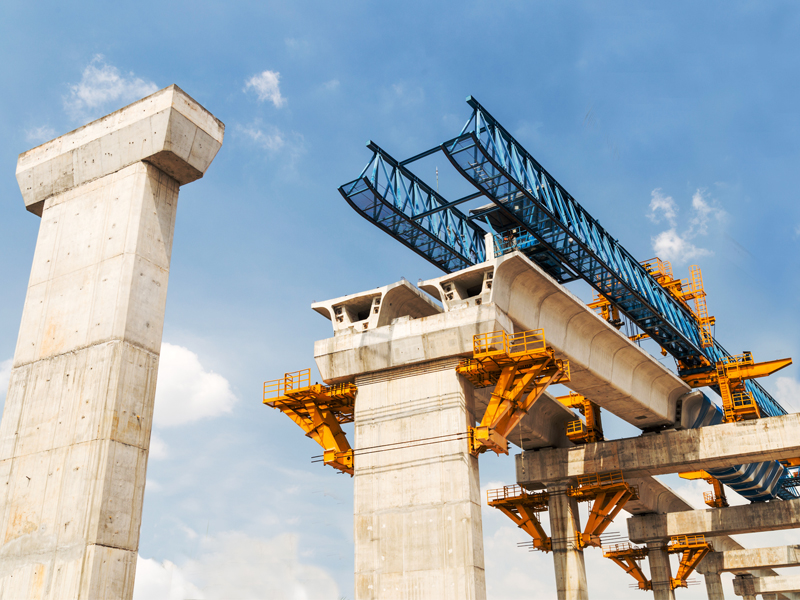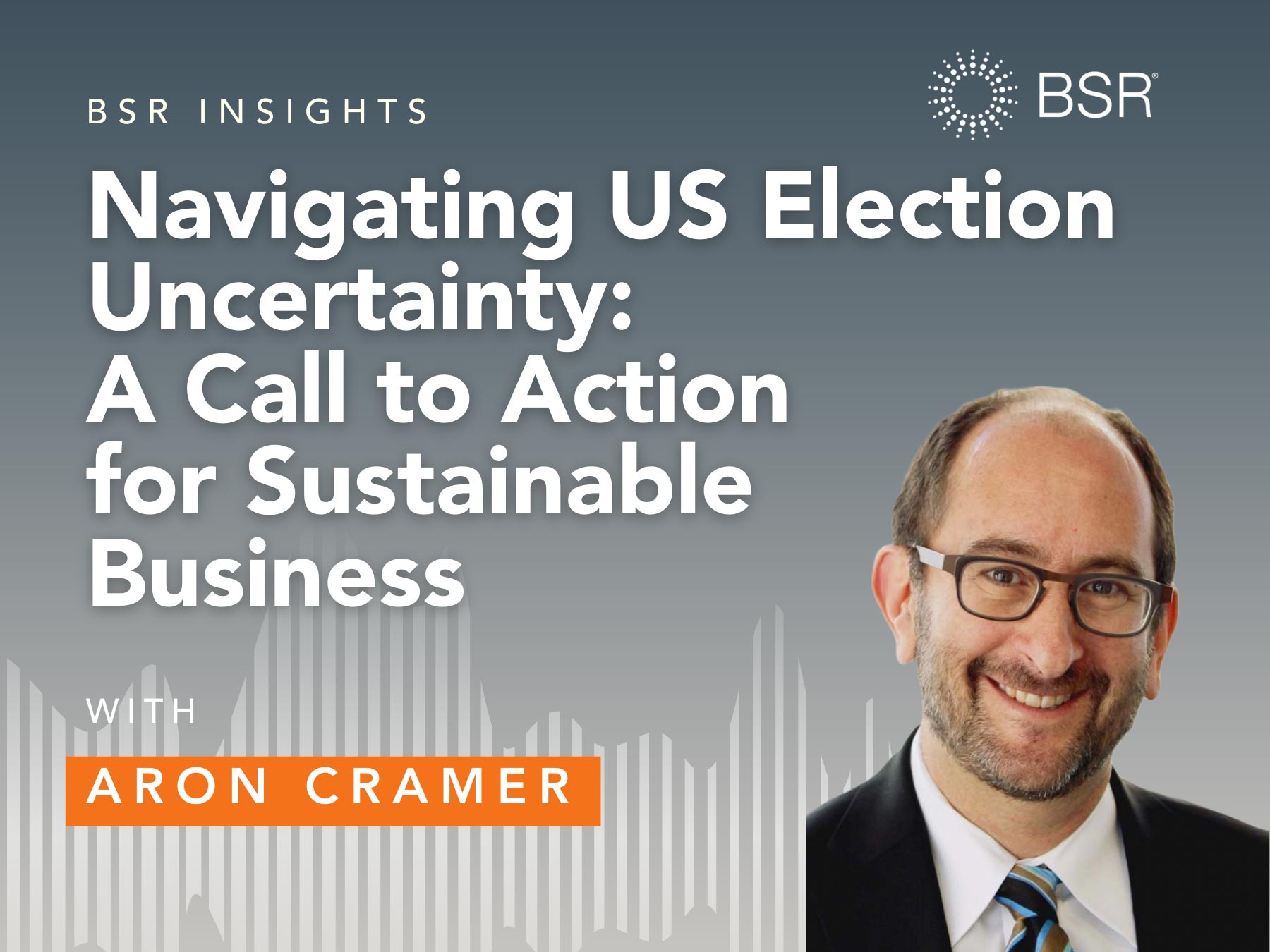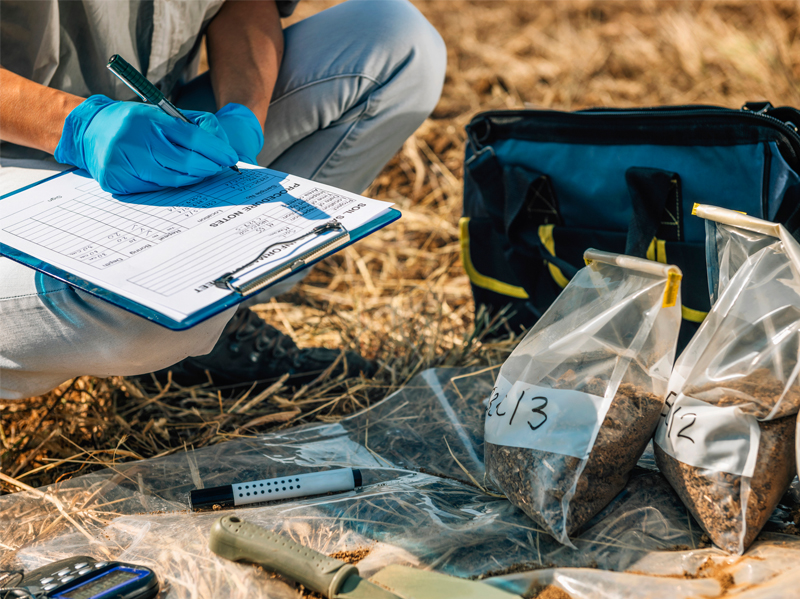
The agenda for the World Economic Forum’s Annual Meeting 2019 presents an audacious challenge: developing a model for Globalization 4.0.
This challenge comes at a hinge point in history. Over the past 30 years, the global economy has delivered immense human progress: For the first time, more than half of humanity is considered middle-class. But it seems the existing model is running out of road. Income inequality is rising, sparking populist challenges to the market economy. Climate change and natural resource depletion are already creating human and economic dislocation that are, in turn, creating social and political instability. And the pace of technological change requires new thinking about how to build legal and ethical frameworks so that the use of these amazing new tools is based on shared values.
Just as these changes have created a radically different set of issues to understand and address, we also need radically new ways of thinking to help us understand and shape the path forward. Futures thinking is an invaluable tool in informing and testing strategies for the next era of globalization.
At times like ours, with rapid, interconnected change, scenarios offer a powerful way to explore multiple distinct possibilities. Rather than predicting what the world will be, they provide stories of alternate futures that combine research into drivers of change with informed speculation about how key uncertainties could play out. Scenarios help deliver insight into the social and political context in which businesses make decisions and the rules under which societies apply their values. They are designed to complement more traditional analytical approaches, which too often offer precision at the cost of failing to anticipate truly disruptive change.

Already, we can see many of the tectonic shifts likely to define the coming decades. A changing climate will reshape our natural world and our economy. The shifting nature of work and the rise of new technologies will present both immense opportunity and profound dilemmas. The specific nature and timing of these changes cannot, however, be foreseen. We know that increasing drought will threaten food supplies and that increasingly violent storms will disrupt global supply chains—but we don’t know where or how. We know that automation will both create and destroy jobs, but the pace of destruction and the likeliest new opportunities are hard to predict. We know that advances in technologies create profound questions, as we are seeing today with the sharp debate over gene-edited babies, with different principles applying in different locations.
In outlining its vision for Davos this year, the World Economic Forum has challenged us to redefine globalization for our era through “wider engagement and heightened imagination.” Looking at potential scenarios for our shared future is an invaluable way to apply these principles. As an example, the scenarios outlined in our Doing Business in 2030 report explore whether and how our information and decision-making will reflect global consensus or deep fragmentation.
This is one of the fault lines along which our future is being shaped, with signals of both consolidation and fragmentation visible. There are forces of consolidation in our world: technologies bring greater transparency, and urbanization means that people's’ experiences are increasingly similar. Equally we see forces of fragmentation: different values applied to privacy rules and medical ethics, and nation states ceding power to cities and regions while simultaneously asserting nationalist views.
There is also a very good chance that the future will reflect both the reality of divergent models and the need for global consensus. Indeed, Globalization 4.0 will almost certainly be defined through countless experiments reflecting different cultural norms and expectations, with different economic objectives and conditions, and under diverging political systems. Eras of great change often evolve in diverse ways before converging (if they ever do). And at the same time, there is a crying need for collective global answers to the climate crisis, increased migration, and the uses of technology that are reshaping the very question of what it means to be human.
Decision-makers in business, government and civil society will therefore have to be “multi-lingual,” and prepared to steer their organizations through a range of possible futures. Not only that, the dividing lines between different types of institutions can be a barrier to progress. As we wrote in our Doing Business in 2030 scenarios: “If humans are to flourish on a thriving planet amid rapid technological change, we need to reorient the relationships between civil society, government, and business.”
Globalization 4.0 won’t be defined for all-time in one week at Davos. But to ensure we make a good start, futures thinking and the ability to conceptualize multiple futures are essential.
Ultimately, the future scenario we want, and the one the world needs, is yet to be written. While future scenarios depict how external forces could evolve in the coming years, it is up to us, working together, to write a new and better story. That is the great prize, and there is no time to lose.
This article originally appeared on the World Economic Forum website.
Topics
Let’s talk about how BSR can help you to transform your business and achieve your sustainability goals.


